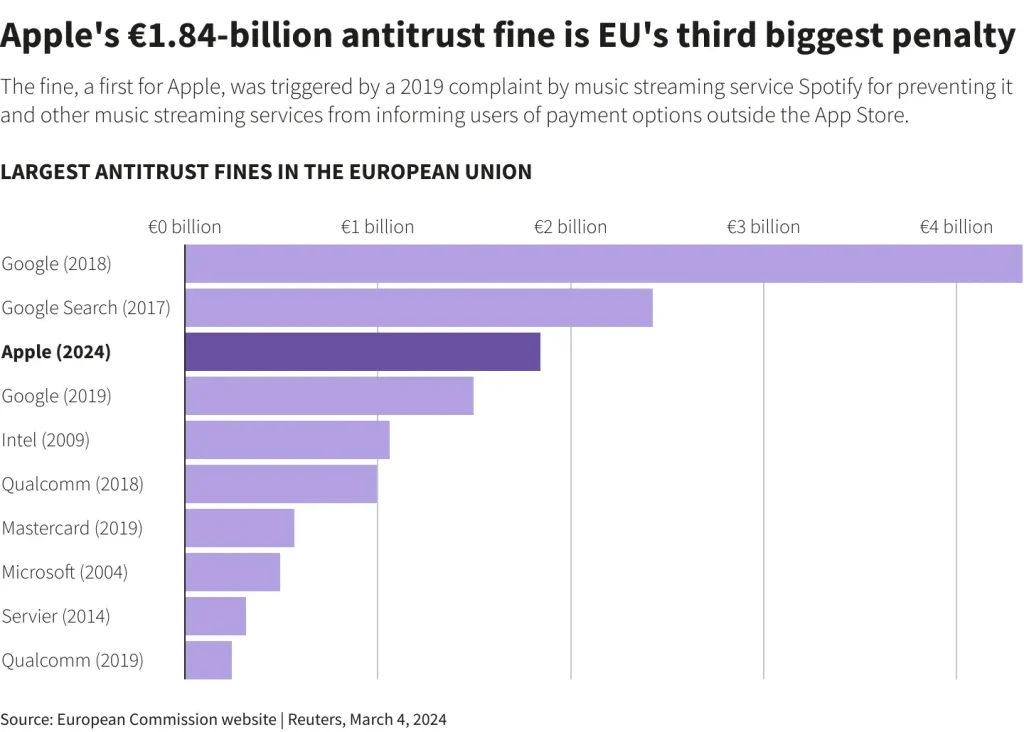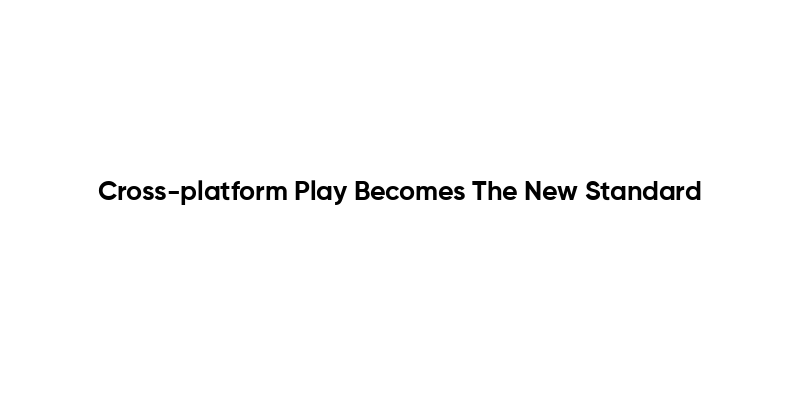Apple App Store antitrust ruling has sparked a global conversation about how dominant platforms set prices for apps and in-app purchases, and about in-app purchase pricing itself, a topic that many observers say should reflect genuine market value rather than leverage. In the United Kingdom, the Competition Appeal Tribunal ruled that Apple abused its position by charging excessive prices in the app distribution market, a finding that could alter the economics of mobile development, influence litigation strategies, and recalibrate regulator expectations for digital marketplaces. The debate centers on the Apple App Store 30% commission, with critics arguing that such margins squeeze developers and inflate consumer costs, a concern highlighted by the UK antitrust ruling and mirrored by similar inquiries in other jurisdictions. Apple has appealed the decision, while supporters say the ruling does not reflect the broader competitive landscape and that the App Store maintains safety, privacy, and trust for users, a balance that many say is essential for sustaining innovation. If the outcome stands, it could pave the way for alternative payment systems and more flexible pricing models that benefit studios, publishers, and end users alike, potentially reshaping how digital revenue is shared across ecosystems.
Seen through a broader lens, the dispute highlights how digital storefronts govern software distribution, charge commissions, and influence pricing for consumers and developers alike. Analysts describe it as a platform-fee challenge that invites regulators to compare business models across app ecosystems, including considerations of alternative payment methods and transparent pricing. In regulatory terms, the case touches on competition law, market power, and consumer welfare, mapping to related discussions about app economy governance and fair access for small studios. For developers and publishers, the conversation translates into practical questions about revenue share, payment options, and price parity across regions. As regulators weigh evidence, observers expect ongoing dialogue about competition policy, store governance, and possible reforms that could loosen monopolistic control while preserving safety and trust.
Apple App Store antitrust ruling: UK tribunal finds excessive pricing in app distribution and in-app purchases
The Competition Appeal Tribunal (CAT) ruled that Apple abused its dominant position in the app distribution market, charging excessive and unfair prices for both app distribution and in-app purchases. The decision underscores how market power can shape pricing dynamics in digital storefronts.
The UK antitrust ruling highlights the role of the Apple App Store 30% commission in driving higher costs for developers and consumers, with potential implications for in-app purchase pricing and overall platform economics. Apple has said it will appeal, arguing that the App Store provides a safe, trusted place to discover apps and securely make payments.
Apple App Store 30% commission and its impact on developers and the broader market
The core issue remains Apple’s 30% take on most transactions through the App Store, a fee structure critics say inflates costs for developers and can constrain pricing strategies.
Critics argue that reducing the Apple App Store 30% commission could widen margins for studios, prompt more competitive pricing for users, and spur interest in alternative distribution paths and payment options, reshaping how revenue is shared in mobile ecosystems.
In-app purchase pricing under scrutiny after the UK ruling
The CAT decision places in-app purchase pricing under renewed scrutiny as part of the broader examination of platform fees and monetization practices.
If the ruling leads to changes in pricing practices, consumers could benefit from more transparent costs while developers pursue sustainable revenue models and fairer revenue sharing across platforms.
UK antitrust ruling’s global regulatory echo on mobile marketplaces
Although the case is decided in the UK, regulators worldwide are watching how this ruling reshapes expectations for digital marketplaces and antitrust enforcement.
The decision adds momentum for closer scrutiny of app-store practices, with potential reforms to distribution models and pricing that could influence other jurisdictions and global policy debates.
Alternative payment systems: momentum grows as calls for change intensify
One central question raised by the ruling is whether alternative payment systems can reduce platform leverage and lower transaction costs for developers and consumers.
Advocates say enabling third-party wallets and payment processors could drive down in-app purchase costs and reallocate revenue more fairly among developers, accelerating market competition.
Damages, appeals, and next steps for Apple
The court’s decision contemplates potential damages, with reports suggesting up to £1.5 billion, underscoring the financial stakes of the case.
Apple has confirmed plans to appeal, maintaining that the App Store supports developers and protects consumer safety, while the upcoming hearing will consider damages alongside the merits of the appeal.
Impact on developers and studios: gaming industry reaction
Industry voices, including Xsolla president Chris Hewish, describe the ruling as a major shift for mobile gaming and developer economics, signaling changes in how revenue is shared on platforms.
If the ruling is upheld, it could unlock more revenue for studios, enable reinvestment in content and marketing, and reduce the burden of platform fees on publishers and indie developers alike.
Competition, privacy, and the App Store: regulatory tensions in digital marketplaces
Apple contends that the App Store provides a safe, privacy-conscious ecosystem that protects users while enabling a broad app ecosystem.
Regulators balance consumer protection with competitive concerns, potentially pressuring Apple and other platforms to offer more pricing flexibility and open access while preserving security and privacy protections.
Dominance in app distribution: regulatory implications for competitors
The ruling scrutinizes Apple’s dominant position in app distribution and the leverage it wields over developers and consumers, signaling that market power will face heightened regulatory attention.
The case highlights debates about alternative distribution methods and potential shifts in strategy, reflecting a broader push to diversify digital ecosystems and reduce gatekeeping in mobile software.
Future of app revenue sharing: reforms and investor expectations
Looking ahead, investors will monitor any reforms to app revenue sharing, pricing strategies, and platform controls that could reshape the profitability model for developers and publishers.
The decision could set a global precedent for how digital marketplaces are regulated, influencing pricing models, competition, and innovation strategies in the years to come.
Frequently Asked Questions
What is the Apple App Store antitrust ruling in the UK and what does it say about the Apple App Store 30% commission?
The Competition Appeal Tribunal ruled that Apple abused a dominant position in app distribution and in-app purchases by charging excessive and unfair prices, including the 30% commission. Apple has appealed the decision, and damages could reach up to £1.5 billion, to be decided at a hearing that also takes Apple’s appeal into account.
How did the UK antitrust ruling describe the Apple App Store 30% commission on in-app purchases?
The ruling found the 30% commission contributed to excessive pricing for consumers and developers, a central factor in deeming Apple’s pricing practices unfair in the app distribution and in-app purchase space.
What could happen to in-app purchase pricing if the Apple App Store antitrust ruling is upheld?
If upheld, the ruling could lead to reductions in Apple’s commission and more favorable pricing terms for developers, potentially affecting in-app purchase pricing and revenue sharing within the App Store ecosystem.
Are there calls for alternative payment systems following the Apple App Store antitrust ruling?
Yes. The judgment and commentary have intensified calls for alternative payment systems and distribution methods to reduce reliance on Apple’s ecosystem and to increase competitive pressure.
What is the current status of damages and Apple’s appeal in the UK ruling on the Apple App Store?
Apple has appealed the ruling; the tribunal indicated potential damages up to £1.5 billion, with the amount to be decided at a future hearing that will also consider Apple’s appeal.
How might this UK ruling influence global discussions about the Apple App Store 30% commission?
The ruling adds regulatory momentum and could accelerate calls for fairer revenue sharing and the adoption of alternative payment options, potentially impacting platform commissions beyond the UK.
What does the ruling mean for developers and consumers regarding in-app purchases?
Developers may gain leverage in pricing and revenue sharing, potentially improving profitability; consumers could see broader pricing dynamics and more choices if alternative payments and distribution options emerge.
| Key Point | Details |
|---|---|
| Origin of the case | Original lawsuit brought by academic Rachael Kent, who argued Apple made exorbitant profits with its 30% commission for consumers, developers, and businesses. |
| Ruling finding | Competition Appeal Tribunal (CAT) ruled Apple abused its dominant position in the app distribution market and overcharged consumers with excessive and unfair prices for app distribution and in-app purchases. |
| Commission fee assessment | The tribunal highlighted Apple’s 30% commission as excessive, signaling that the fee structure unfairly benefits Apple at the expense of consumers and developers. |
| Damages and hearing | Apple could face £1.5 billion in damages; the amount will be decided at a hearing next week, which will also consider Apple’s appeal. |
| Appeal status | Apple has appealed the CAT ruling. |
| Reactions (Apple) | An Apple spokesperson argued the ruling overlooks how the App Store helps developers and provides a safe, trusted place for consumers; said the App Store faces vigorous competition from other platforms. |
| Reactions (industry) | Xsolla president Chris Hewish said the judgment marks a major shift for mobile gaming, notes potential relief for developers if upheld, and points to possible moves toward alternative payment systems and reduced platform control. |
| Potential implications | If the ruling is upheld, it could lead to fairer revenue sharing, lower fees for developers, and greater regulatory scrutiny of app stores, potentially accelerating changes in how payments and distribution are handled on iOS. |
Summary
Conclusion: Apple App Store antitrust ruling has placed a spotlight on how dominant platforms set commission fees and control app distribution. The UK Competition Appeal Tribunal found Apple abused its market position and overcharged consumers with a 30% commission, a decision that could spur calls for fairer revenue sharing and exploration of alternative payment models. If the ruling is upheld on appeal, developers may benefit from reduced fees and new payment options, while regulators may intensify scrutiny of digital marketplaces. Apple has indicated it will appeal, and the case could influence competition policy and future reforms across app stores globally.



